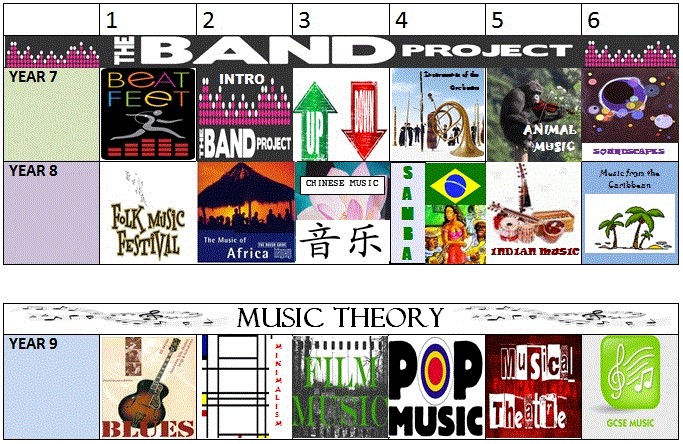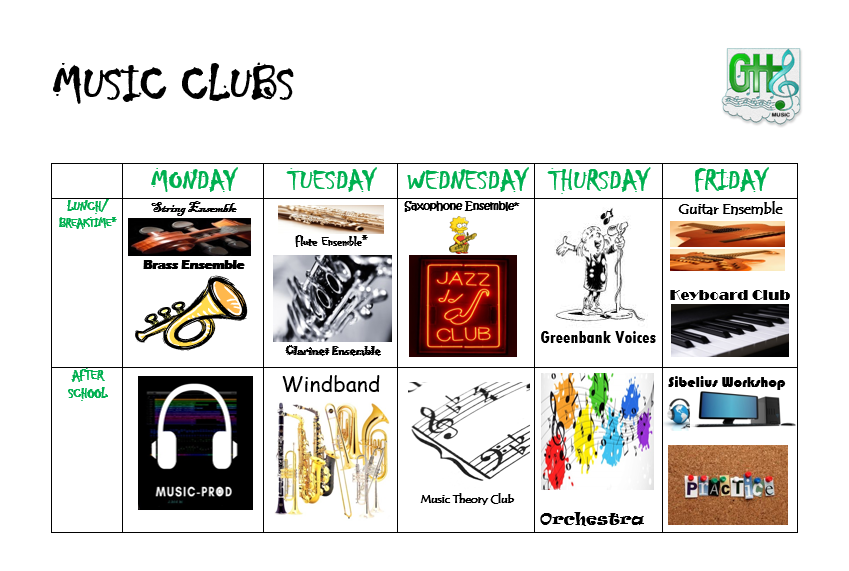CURRICULUM AIMS AND VALUES
Music is a universal language that embodies one of the highest forms of creativity. At Greenbank High School we strive to inspire students to develop a love of music and their talent as musicians, and so increase their self – confidence, creativity and sense of achievement.
As a Music Department we aim to ensure that all students:
- Perform (vocal and instrumental), listen to, review and evaluate music across a range of periods, genres, styles and traditions
- learn to create and compose music on their own and with others, and develop an understanding of how music is created, produced and communicated through various notations such as staff and graphic notation
- have the opportunity to learn a musical instrument
- use technology appropriately
In addition to having the opportunity to progress to the next level of musical excellence, at Greenbank High School the wider benefits of Music Education are recognised and valued greatly:
- Music education prepares students to learn
- Enhances fine motor skills
- Prepares the brain for achievement
- Fosters superior working memory
- Cultivates better thinking skills
- Music education facilitates student academic achievement
- Improves recall and retention of verbal information
- Advances mathematical achievement
- Boosts reading and English language skills
- Improves average test scores
- Music education develops the creative capacities for lifelong success
- Sharpens student attentiveness
- Strengthens perseverance
- Equips students to be creative
- Supports better study habits and self-esteem
The department is staffed with two enthusiastic specialist musicians and prides itself on its continued success at GCSE Music and regular performances within and outside the school. There is a wide range of well-established musical ensembles; one of which was selected to represent the school at the Complete Awards Graduation Ceremony in Liverpool Cathedral. Other performances include the celebration of the “Christmas Light Switch-on” in Birkdale, the annual Mayor of Sefton Concert with Sefton Music Service and extremely successful music tours to Austria and Italy.
The department has two well-equipped teaching rooms with class sets of keyboards, ukuleles, Samba percussion, tin whistles, tuned percussion, Djembes and PCs. All students at Greenbank High School learn how to play a Woodwind or Brass instrument in curriculum time within a recently developed Band Project. Moreover two newly refurbished practice rooms cater for 130 students taking instrumental/vocal lessons as an extra-curriculum opportunity.





